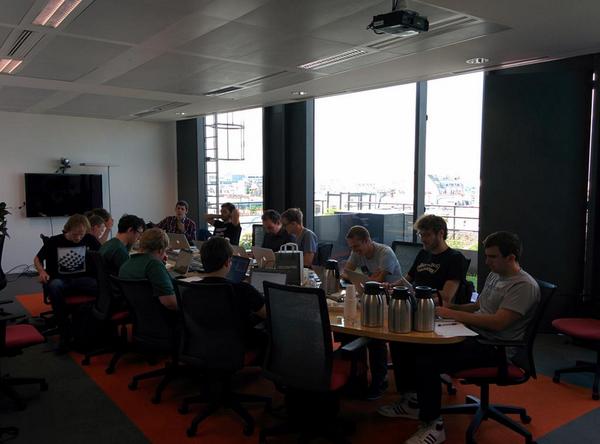Of software and Science. Reproducible science: what, why, and how
At MLOSS 15 we brainstormed on reproducible science, discussing why we care about software in computer science. Here is a summary blending notes from the discussions with my opinion.
“Without engineering, science is not more than philosophy” — the community
How do we enable better Science? Why do we do software …

